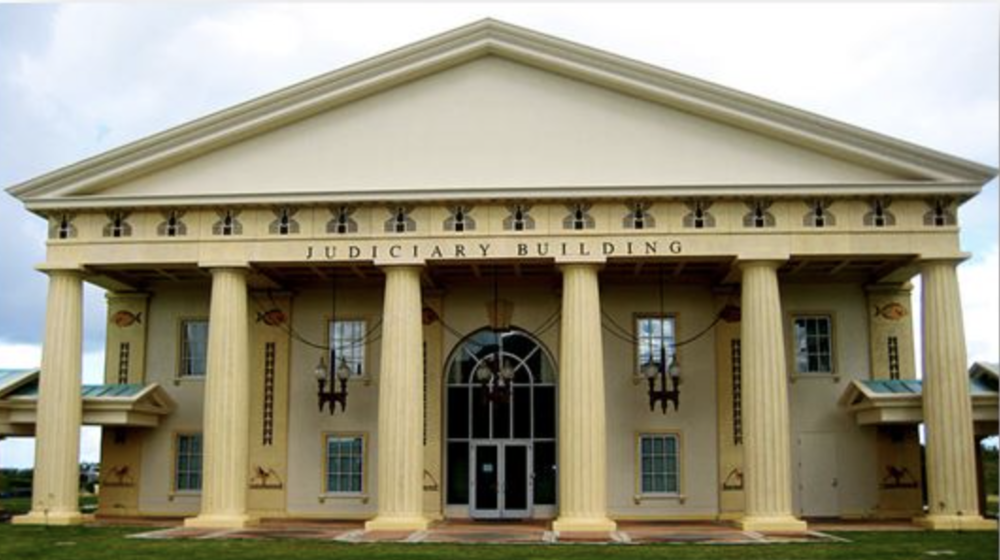![Litigation in Victoria, Australia]()
When I do attend the County Court or Supreme Court (not a tribunal) in person, only robes are required (no wigs except in exceptional circumstances), and even then, only for substantive hearings (such as trial) for the practitioner addressing the court and not the practitioner instructing the addressing practitioner.
Read More
![Litigation in Ethiopia]()
The parties or their pleaders shall produce, at the first hearing of the suit, all the documentary evidence of every description in their possession or power, on which they intend to rely. They must also list down the details thereof, including the names and address of the witnesses, while filing their statement of claim or statement of defense in the court.
Read More
![More Details on Discovery and Trials in China]()
Unlike the U.S., there is no evidence discovery system in China. In principle, parties should bear the burden of proof for their claims/defenses and arguments in lawsuits. As a result, plaintiffs usually initiate lawsuits when they believe they have enough evidence to win.
Read More
![Litigation in Mexico]()
In Mexico City, I estimate that it takes an average of a year to a year and a half to get a decision from the lower court. But I had a case that took ten years to get a judgment from the lower court and I have also had cases that proceeded to judgment in two months.
Read More
![Litigation in Peru]()
We introduce evidence with the complaint and the judge determines whether evidence is useful to clarify the controversy and prove the facts. The testimony of the witness is “offered” in the complaint and, if the judge admits it, then you will be asked to interview him or her at a hearing called an audiencia de pruebas.
Read More
![Litigation in Russia]()
At the first instance, a judge hears a case alone. The procedural rules provide that a party can request the dispute be considered by a panel consisting of one professional judge and two so-called arbitrazh assessors, who are people with specific knowledge in certain areas of economics, finance and management. But judges actually appoint arbitrazh assessors only in very rare cases.
Read More
![Litigation in British Columbia]()
Lawyers in British Columbia only have to wear a gown for civil trials and when appearing before the Courts of Appeal and the Supreme Court of Canada.
Read More
![Litigation in Palau]()
Land matters are complex since a lot of the testimony comes from old people and some have a hard time traveling from other islands. Rules for intervention during a case are lax, so people will often show up midway through a case. Some land cases in Palau last literally decades.
Read More
![Litigation in China]()
Theoretically, China has the system of people’s jurors. In many cases, a tribunal of three members may be composed of one or two jurors. However, as of now, jurors really only sit to meet the quorum of a tribunal of three members. They will not actually decide any facts though they do have the power theoretically. Instead, the presiding judge will decide the facts.
Read More
![Litigation in Spain]()
In commercial disputes, there is no prior questioning of witnesses and you must go to trial with the evidence you already have. This makes trial very difficult because some evidence cannot be obtained in advance, due to the data protection law.
Read More









